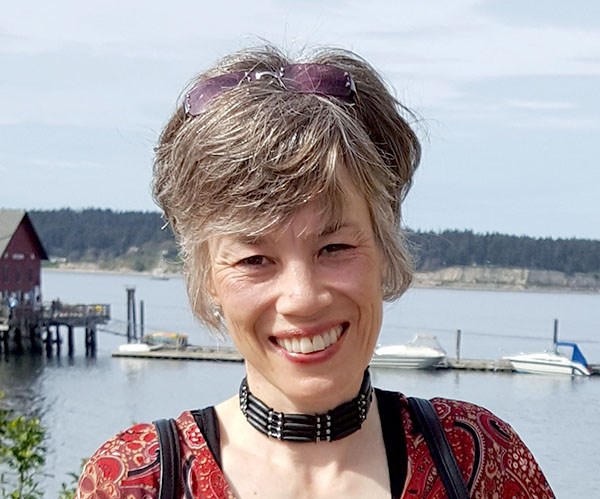When I studied in SFU’s certificate program in sustainable community development, I quickly learned that I couldn’t advocate for environmental sustainability on its own. Without a vibrant local economy and healthy socio-cultural infrastructure, true sustainability cannot exist.
Social sustainability is generally defined as the ability of a social system (for example, a country or region) to function at a defined level of social well-being (quality of life) indefinitely. The challenge is agreeing to what that quality of life should entail.
Without venturing into a debate, I believe most would agree that social well-being depends on healthy relationships. Life is enhanced by community.
A couple of years ago, I was introduced to works by pastor/teacher James Bryan Smith. The final book in his trilogy, The Good and Beautiful Community, addresses our collective need for social connectedness.
Smith writes that the good and beautiful community creates an ethos in which people are encouraged to undertake specific activities on a regular basis in order to become the people we were created to be. Ideally, each of us engages in growth-producing activities — from time alone (in meditation/prayer) to making friends with people outside our comfort zone, to meeting regularly with an encouragement/accountability partner.
There is joy in connecting deeply with and serving others. To live with intention can bring fulfilment, and by encouraging one another, we can flourish as compassionate productive beings.
We need encouraging when we lose sight or strength to keep fighting the good fight. We need others who can see our gifts more clearly, who can remind us that we are loved and are making a difference.
I am blessed to have caring and wise “elders” in my community who have given me guidance, shared knowledge, challenged my assumptions and, most of all, been beautiful models of selfless service.
Moving beyond our comfort zone (e.g., the workplace) can bring about personal as well as professional growth in unexpected and astonishing ways. Some examples:
• Building community: For those with young children, there’s no time like the present. Families can get involved with environmental activities, soup kitchens and fundraisers for those in need. The younger we are exposed to community service, the more likely we will continue to be involved when we’re older.
• Turning a personal tragedy/challenge into a life calling: A well-respected community leader has been dedicating his time and talents to hospice over the years. Having lost a loved one too early in life, he recognized the need for a place of comfort and respite to be accessible to all. Another friend, confronted by disabilities that could have kept her housebound, has used her personal triumphs to empower others who face similar challenges. Using her voice and garnered wisdom, she spreads both awareness and positive change in her community.
• Sharing our skills and unique gifts: Another retired friend of mine with the gift of teaching has gone from helping new immigrants learn English to helping a Serbian teenager — and her dedication to helping this young refugee inspires me.
• Supporting the vulnerable: Social connectedness is paramount for those in our community struggling with poverty, foster care, aging, mobility issues, mental health, substance addictions, incarceration, homelessness, declining industries, transient (often resource-based) work and long commutes.
CBC Radio recently aired a program featuring individuals who endure exhausting commutes, often to jobs with minimal wages. If we’re serious about breaking the cycle of poverty, the argument to build complete, inclusive (walkable) communities that offer meaningful work and a liveable wage is powerful.
As we embrace this new year, let’s encourage one another to build community through active loving service. It’s not only good for our soul; it’s essential to healthy sustainable living.
Melissa Chaun of Port Moody is an ecologist with a passion for all things sustainable. She is events co-ordinator with the Rivershed Society of BC, volunteers on various city committees and co-ordinates the monthly meetings for Tri-City Greendrinks. Her column runs monthly.



